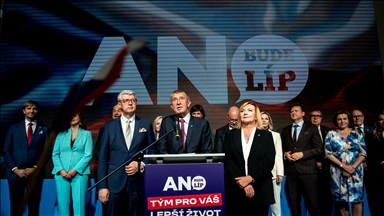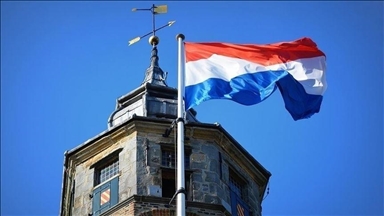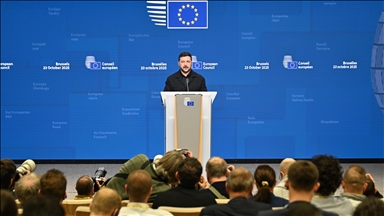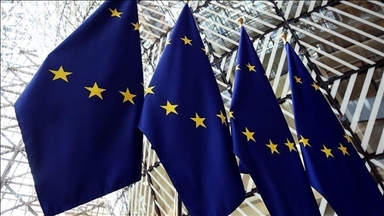Aviation growth risks undermining EU climate goals: Report
Efforts to curb European aviation emissions face challenges as traffic growth outpaces sustainability measures, says clean transport advocacy group
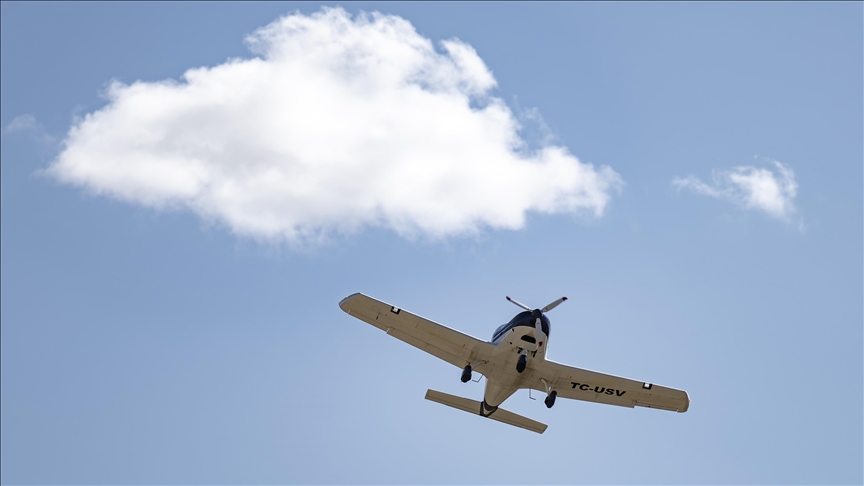
ISTANBUL
Aviation industry plans to expand are at odds with the EU's climate objectives, a clean transport advocacy group said on Monday.
A report by Brussels-based Transport & Environment warned that if passenger traffic doubles by 2050, as planned by aircraft manufacturers Airbus and Boeing, the sector will burn 59% more fuel in 2050 than in 2019.
While efficiency improvements and the use of sustainable aviation fuels (SAFs) are expected to contribute to emission reductions, the group warned these efforts would be overshadowed by an exponential growth in air travel.
The EU’s green fuels regulation mandates 42% use of SAF by 2049. Yet, even with this measure, the sector could still consume as much fossil kerosene as it did in 2023, the group warned.
The European Commission has committed to reducing emissions 90% by 2040 compared to 1990 levels. However, under Airbus and Boeing’s growth scenarios, aviation emissions in 2049 will be just 3% below 2019 levels, leaving the sector emitting 79 million tons of CO2 in 2050, the year the EU pledged to achieve net zero greenhouse gas emissions.
"Such a target is completely meaningless without concrete policies to reduce emissions from aviation," said Jo Dardenne, aviation director at Transport & Environment.
Between 2023 and 2050, an additional 960 million tons of CO2 could be released under these projections, significantly surpassing the European Commission’s own climate modeling, according to the report.



